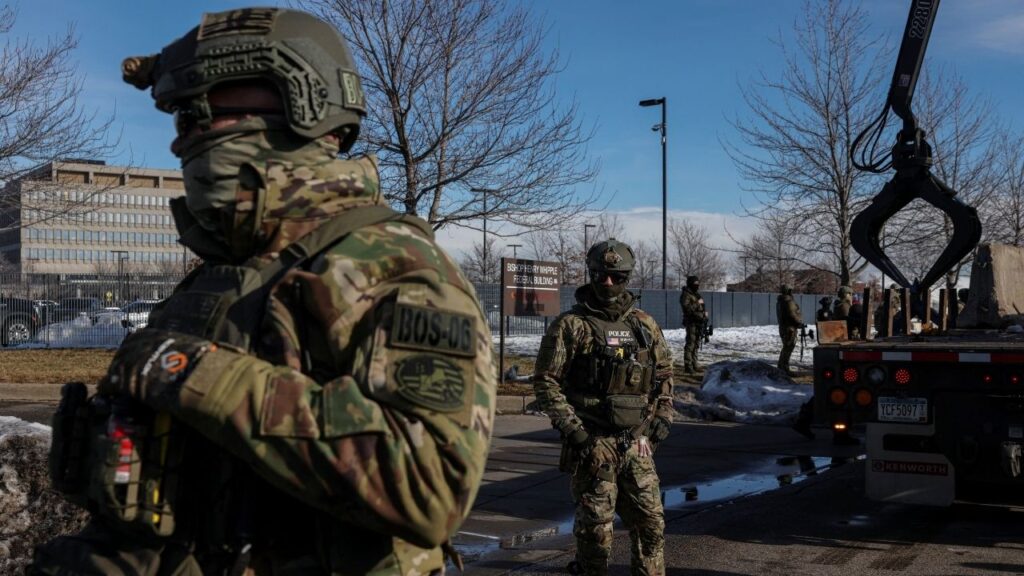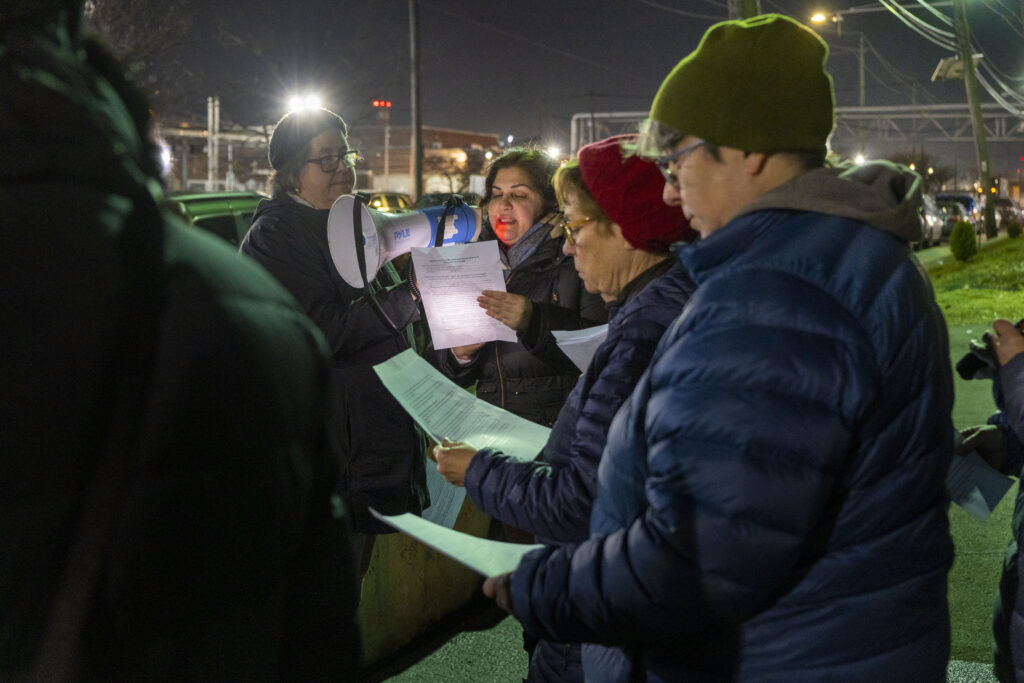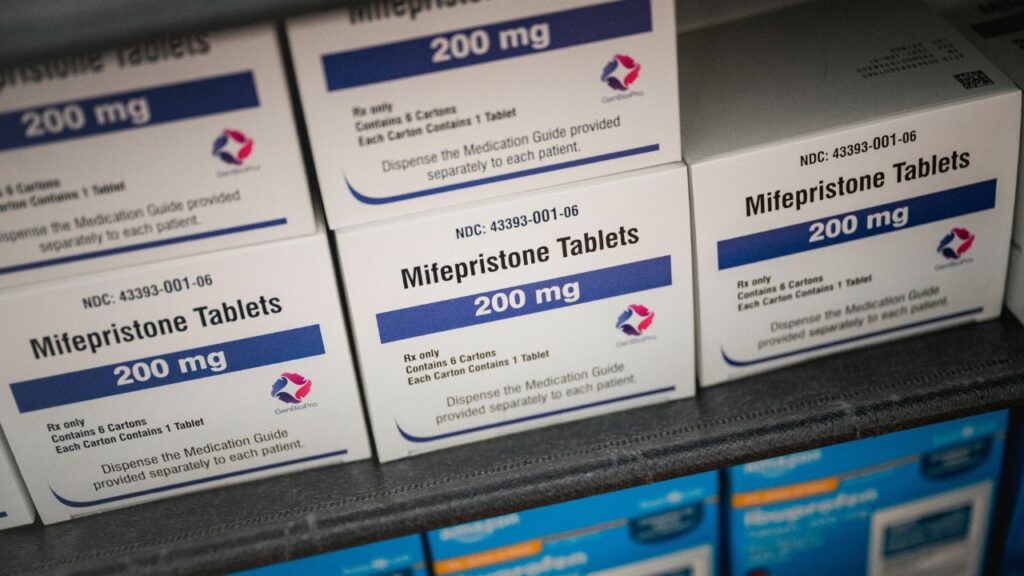Voters overwhelmingly approved the criminal justice reform measure Prop. 36, increasing sentences for repeat criminals. (GV Wire Composite/Paul Marshall)
Share
|
Getting your Trinity Audio player ready...
|
Election officials have called a victory for the criminal justice reform measure Proposition 36. And in line with polling figures, voters approved it by a commanding margin.
Voting results show the criminal justice measure earning 70.4% approval with 95.2% of precincts reporting.
The rate surpasses even 2014’s Prop. 47, which Prop. 36 sough to reform. Prop. 47 only received 60%.
Tulare County District Attorney Tim Ward said the strong approval rate demonstrates California voters’ lack of appetite for theft crimes. And for California’s homelessness crisis, he said it provides a solution for drug addicts needing treatment.
“On a humanitarian level, the crisis that’s been occurring right in front of the administration and the legislature’s eyes,” Ward said. “We have people dying on our sidewalks, and the legislature continues time after time to turn a blind eye. I think this is a message by voters that enough is enough.”
Prop. 36 Advocates Say Law Will Lower Crime, Reduce Homelessness
Prop. 47 reduced penalties for many nonviolent crimes to misdemeanors. Opponents said that took away fear of the law as thieves knew to steal less than $950 worth of goods — the threshold outlined by Prop. 47.
Largely authored by California district attorneys, Prop. 36 allows prosecutors and judges to bring felony charges against criminals arrested on their third offense. It also increases penalties for people caught with or selling fentanyl.
The law also creates a new court process for drug offenders. For those with two previous possession charges, they will receive a choice of treatment or prison.
The law goes into effect as soon as votes are certified, which is no later than Dec. 18.
Ward said the return of drug courts — which he said largely disappeared after Prop. 47 — will help the part of California’s homelessness crisis driven by drug addiction.
“We were able to come up with … a comprehensive, yet very fair plan to really treat our drug, mental health crisis for the individuals we see living on the street and also while doing so address the rampant theft issue, which many of us feel those two things are intrinsically connected,” Ward said.
Opponents said the bill overly punishes people who are not a danger. They also said the $750 million price tag for the bill takes away from mental health efforts, drug treatment, and rehab programs.



















